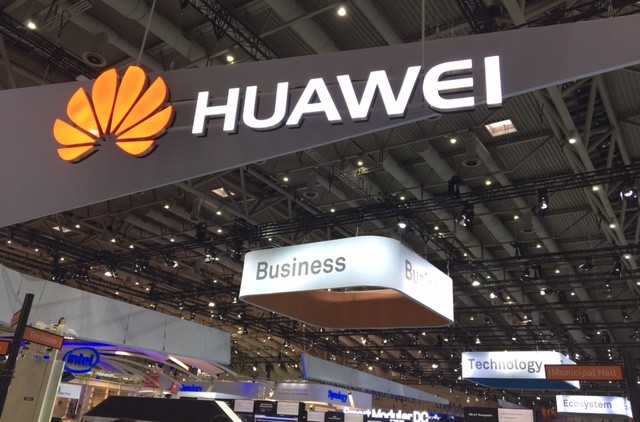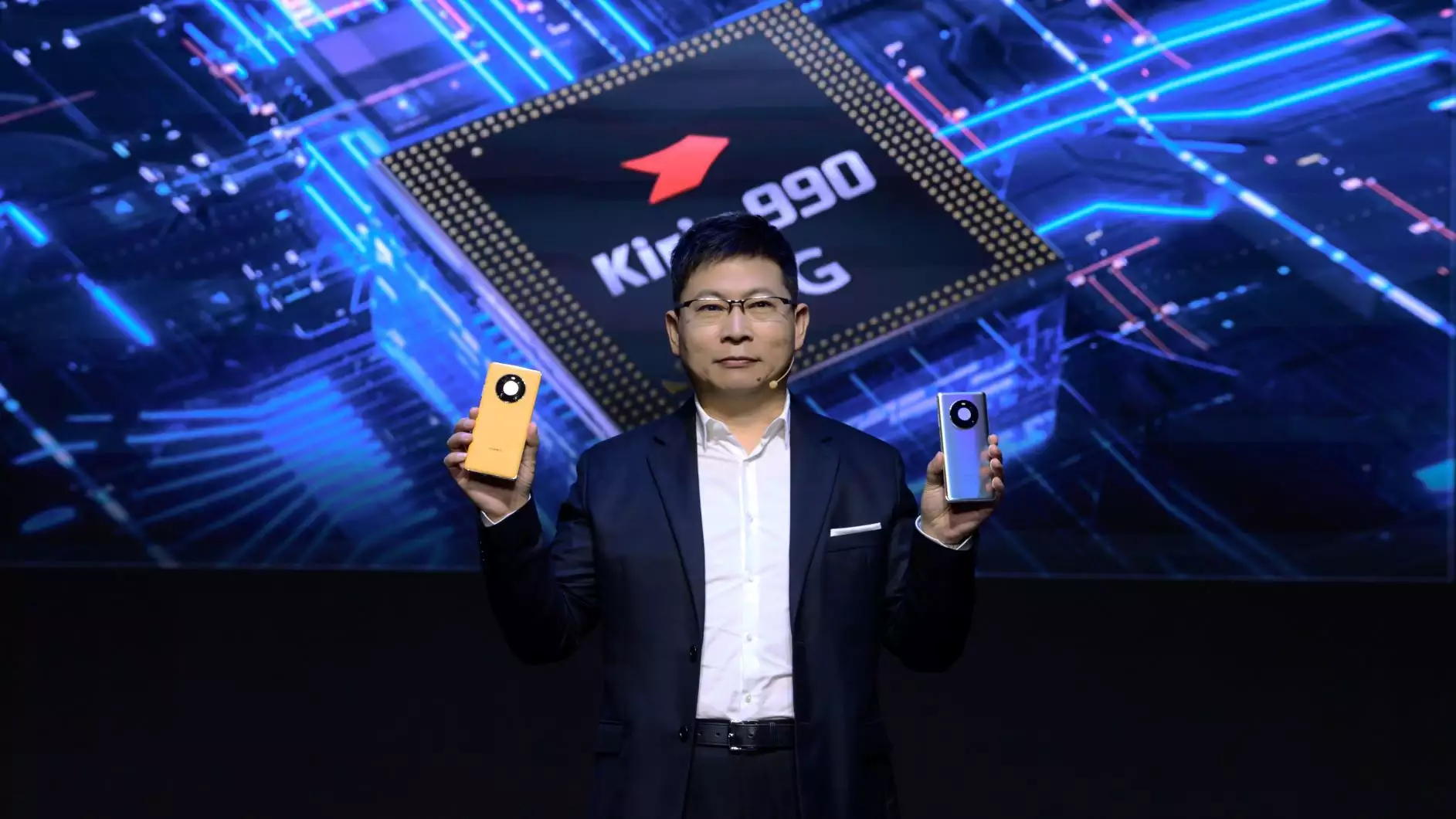MWC 2024: Huawei Cloud Seeks Overseas Expansion Despite Sanctions

Huawei Cloud opens new availability zones, grows European business, focuses on AI as it adapts to US sanctions
Huawei’s cloud unit – the second-biggest in China after Alibaba – is betting on overseas markets, including Europe, and artificial intelligence (AI) applications as it seeks to expand, the company said at an event on Sunday ahead of Mobile World Congress (MWC) 2024 in Barcelona.
The growth of Huawei’s cloud business is all the more striking in that the company has been hit by multiple rounds of US sanctions since 2019, when it was added to a key trade blacklist, a move that all but wiped out Huawei’s global smartphone business.
Huawei has launched a number of local cloud regions in recent years, including Ireland and Indonesia.
Last year added regions in Turkey and Saudi Arabia, and said it is planning to add another in Egypt in March.

European growth
At the September launch of its Riyadh data centre Huawei vowed to support 200,000 new developers in the country and work with 1,000 local partners and 2,000 start-ups through its cloud computing services over the next five years.
In Europe its cloud partners quintupled last year and it said it would support the growth of 1,000 European start-ups through cloud services in the next five years.
The firm currently offers 85 availability zones across 30 regions around the world, executives said at the event.
Huawei is also planning to launch its first AI cloud computing centre in Hong Kong soon, executives said.
AI model
“AI… is reshaping everything, and we’re at the forefront,” said Jacqueline Shi, president of Huawei Cloud global marketing and sales service. “We’re building a solid cloud foundation for everyone, for every industry, to accelerate intelligence.”
Huawei’s AI efforts include its own Pangu generative AI model, which is focused on use by specialised industries.
The tech giant launched version 3.0 of Pangu last July and in August said the tech would be integrated into version 4 of HarmonyOS, the Android replacement it developed after being banned from using Google’s technology and services.
Huawei’s smartphone unit has made a comeback as the company has adapted to sanctions, and became the top-selling smartphone seller in China at the beginning of January.